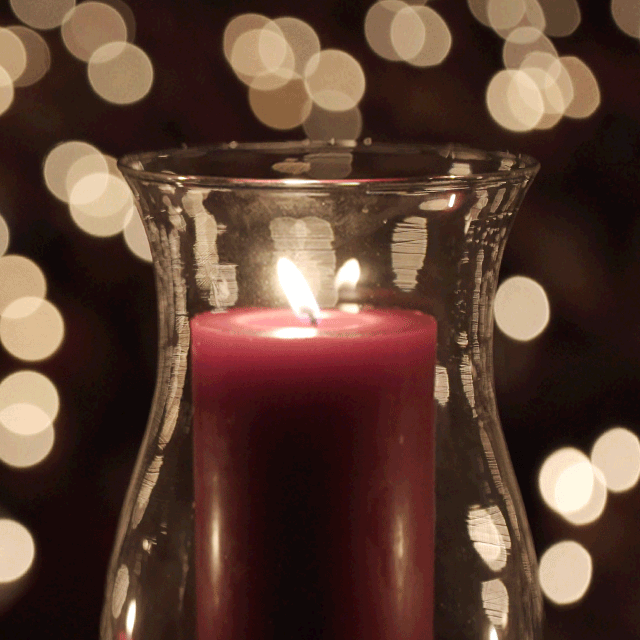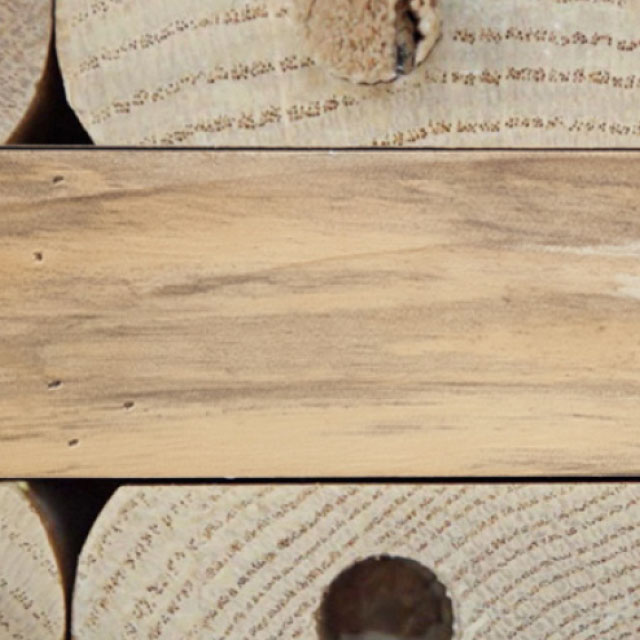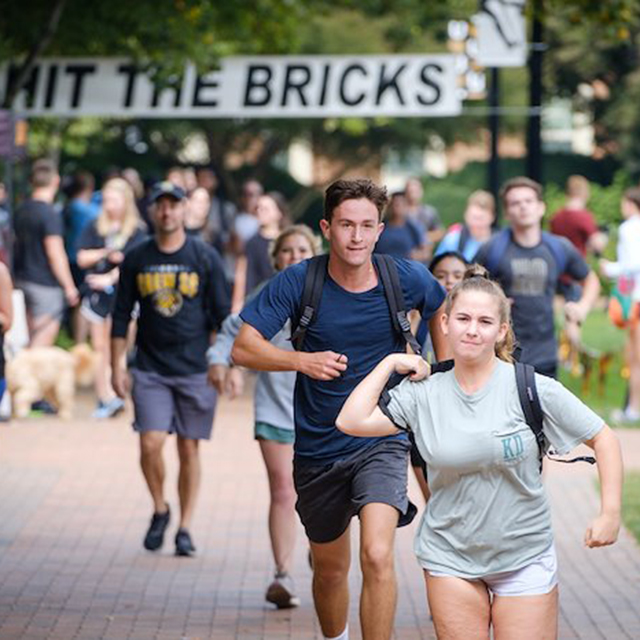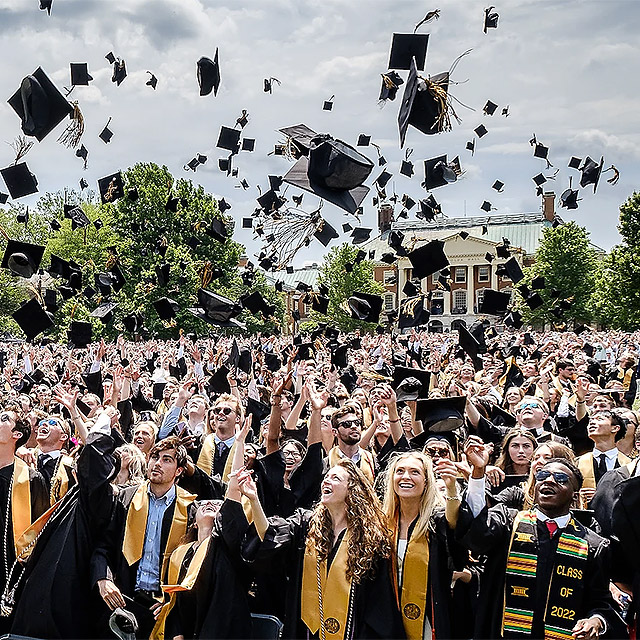Breathing Fire: The greatest team you’ve never known is making history
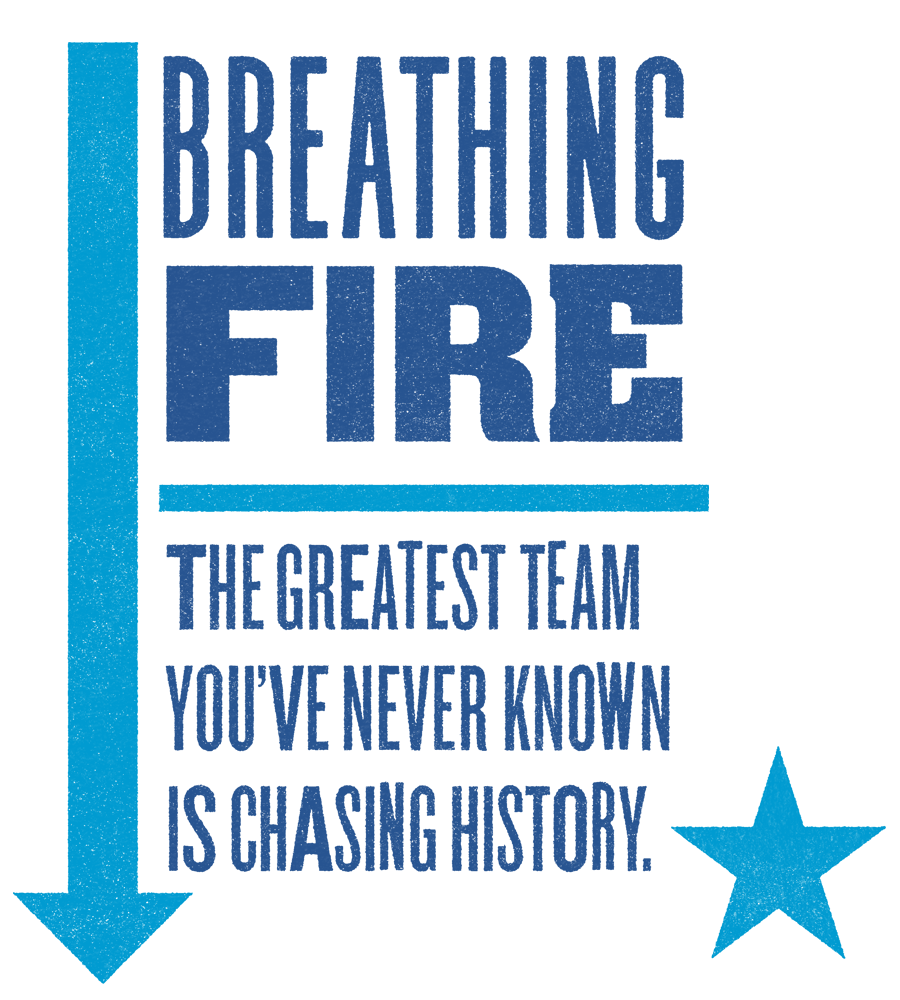
WARNING:
There will be sound,
you’ll be okay.
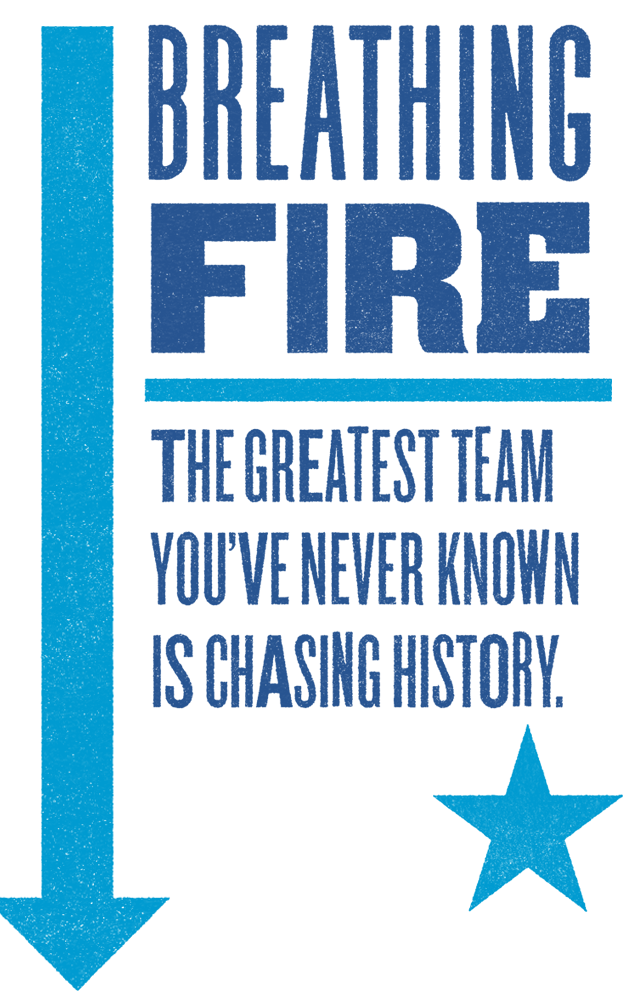
WARNING:
There will be sound,
you’ll be okay.



The words fly faster than the trophies can pile up in their squad room, and you couldn’t cut the tension building in these tiny, tucked-away rooms with a chainsaw. Witness it first-hand and you’ll know the stereotypes of buttoned-up, khaki-clad students debating politely on stage are as dated as the drapes in the hotel conference rooms where they battle. It’s cutthroat. The drama is real. And for those familiar with this world, the atmosphere surrounding this intellectual fight club is nothing short of electric.
They are unassuming gladiators who walk among you, perennial national title contenders who soar under even the most attuned of social radars. Theirs is a glory with little glamour. But for the young men and women of Wake Forest Debate – the most decorated competitive program on campus – the spoils of victory are measured less in accolades and more in the pursuit of a joy that can only be found watching hope drain from a defeated opponent’s spirit. It’s this pure, almost manic, passion for craft and competition that forever bonds those seduced by the art of the argument.
They’re elite, but almost never satisfied. And for a program that has accomplished plenty, complacency is as foreign a concept as losing. That’s why the 2017-18 teams are attempting something never done before in almost 200 years of Wake Forest Debate.
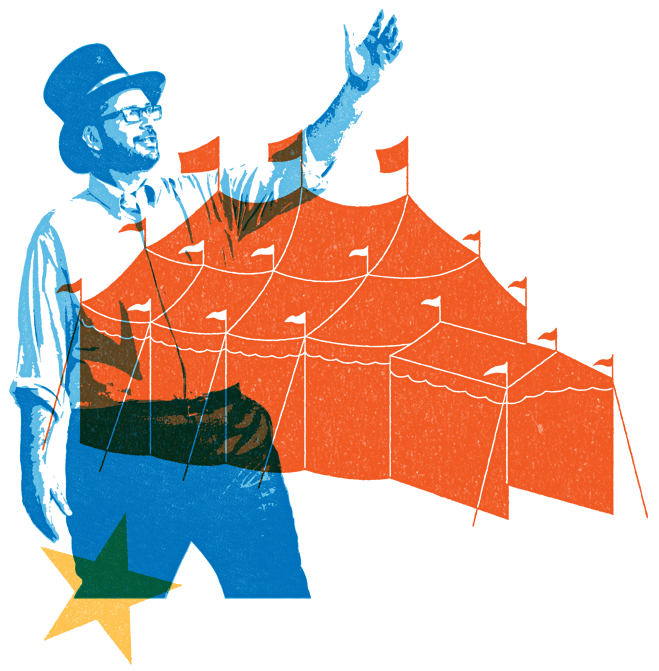

Life Under the Big Tent
It’s more kiln than melting pot. Raw potential goes in. Hardened talent comes out. Adhering to the Big Tent philosophy is about sustaining a competitive utopia that attracts the best debaters regardless of areas of interest, personal background, experience or preferred style. It’s an organic meritocracy where skill collides with opportunity. But it’s not purely altruistic either. When a team represents as many facets of society as possible – gender, race, sexual orientation, socio-economic background – that team has access to a greater pool of perspective than its often more traditional competitors. And that perspective provides a distinct competitive advantage.
In 2010, when Jarrod Atchison (’01, MA ’03) returned to Wake Forest to become director of debate, and Justin Green (’99), his college debate partner, came back as head coach, they brought the Big Tent philosophy with them. Only a handful of teams nationally subscribe to this philosophy, and for many within the sport it borders on blasphemy.
“Our motto is ‘Do debate on your own terms,’” explains Green, “but the terms have to be excellence. And the terms have to be a desire for winning. And the terms have to be making your teammates better. As long as those three criteria are present, we’re open to a bunch of methods. We don’t want to tell you what to say, we want to make you better at what you say.”
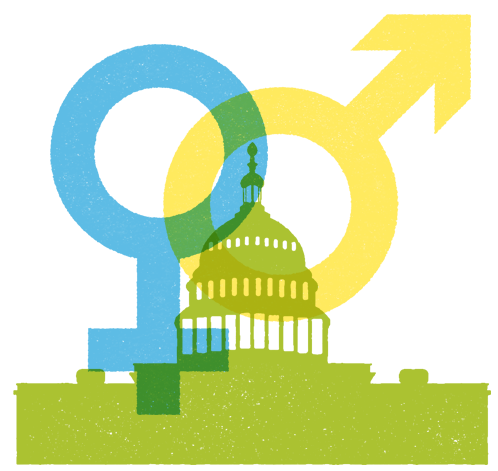
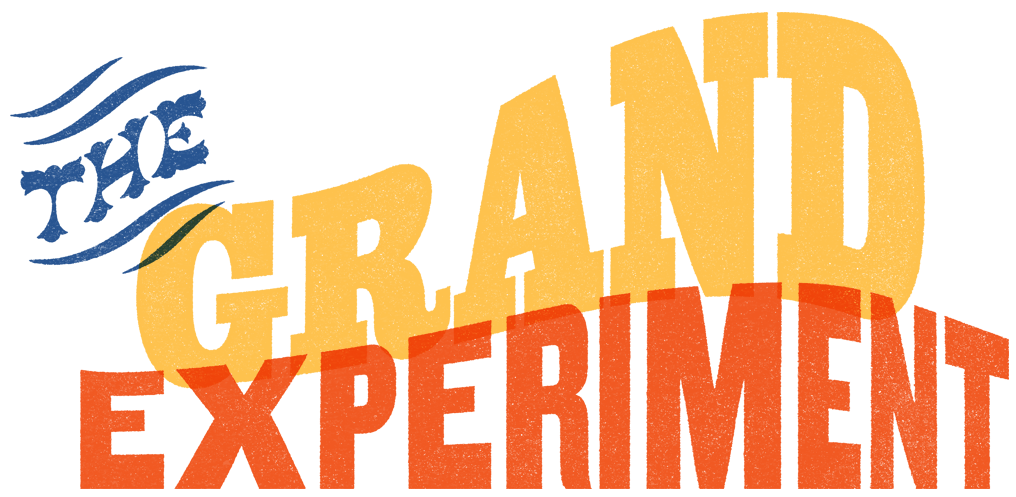
The Grand Experiment
There are two styles that dominate the world of debate. Policy is the more universal and traditional of the two, and is based largely in crafting arguments that examine the more hard-lined, technical aspects of a resolution. Kritik is a style steeped in philosophy and inherently more open-ended in scope. Think of the difference between algebra and ethics. Typically, debaters pair up in like-minded teams – policy with policy, Kritik with Kritik. But Brent Mitchell (’18) and Varun Reddy (’19) had a different plan.
Brent is an economics and religious studies major from Glenview, Illinois, who also happens to be a 2017 ACC Debate Champion. Varun is a 2017 CEDA National Tournament semifinalist from Austin, Texas, studying politics, international affairs and communication. Brent is policy. Varun, Kritik. And this year, they are Wake Forest MR, an unlikely team with lofty goals of winning an NDT championship as a policy/Kritik pairing despite some pretty long odds.
This is Brent’s senior year. His last trip around the circuit. For a nationally-ranked contender for a title, experiments like this are practically unheard of. He won’t get this year back. But for Team MR, accepting the challenge to walk a path few in debate have ever walked is worth the risk.
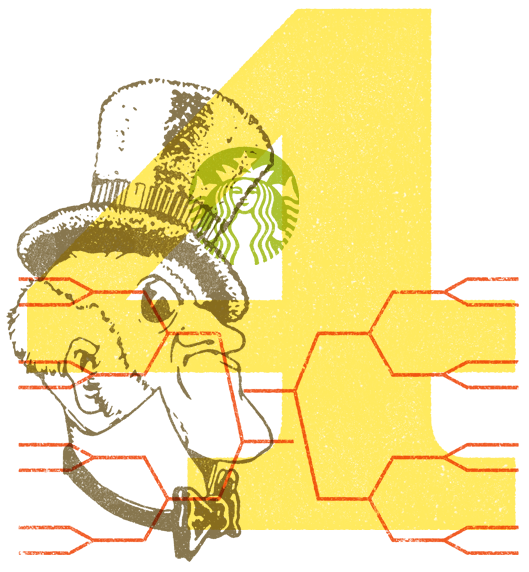

The Shirley
It bears the name of a former Wake Forest professor and legendary debate coach, who also happened to be at one time the mayor of Winston-Salem. The Franklin R. Shirley Classic College Debate Tournament – or as it is most commonly known, The Shirley – is as high a profile event as there is in the close-knit world of intercollegiate debate. Essentially serving as the national championship of the fall semester, The Shirley is the preferred destination of the best and brightest in the sport since its inception in 1956.
As host, the Wake Forest debate team works tirelessly to spare no detail in preparing what is in most debaters’ minds the most hospitable event of the season. It’s a tournament put on by debaters, for debaters. In fact, only in recent years have Wake Forest debaters had the opportunity to compete in The Shirley, as it was previously seen as an ethical faux pas to partake in the event for fear of an extreme home field advantage.
This fall, Wake Forest entered its home tournament with four teams, all of whom had a legitimate chance to advance well into the later rounds, if not to win the title altogether. Along the way they beat the likes of Harvard, Georgetown, Cal Berkley, Stanford, Dartmouth and Emory in the preliminary rounds. All four Wake Forest teams ended the weekend with a winning record and three made it to the final 16. For Team MR, it was their biggest test to date, and a chance to unleash the full power of their experimental partnership upon the best debaters in the country.

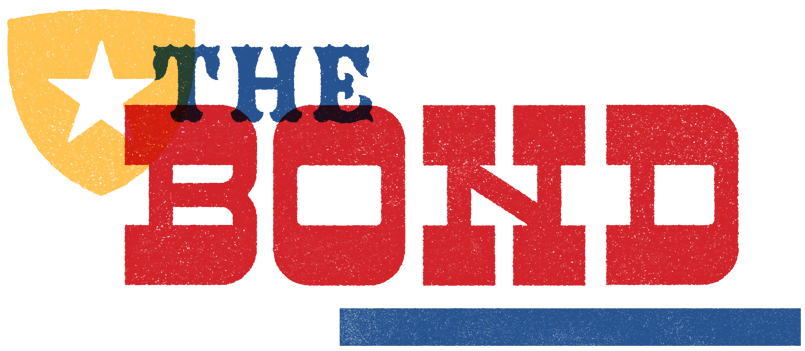
The Bond
For these students, there’s no substitute for the intense challenge, drama and camaraderie that defines their time as collegiate debaters. They can’t go pro. There’s no draft. But there is endless application for the skills they’ve worked hard to both temper and acquire, and their life’s work will only be limited by their sense of imagination and ambition. Wake Debaters have ascended within the fields of law, medicine, higher education, science, entrepreneurship and just about any industry one could name. Because their talents not only translate, they transcend. And the relationships they’ve built with their teammates, coaches and the greater debate community are lifelong.


Um...What? You may have some questions about debate. We may have some answers.
It’s ok. There’s a lot to process. Here are a few notes to offer some clarity around terms and situations found in this story.
Why are they talking so fast?
They have a limited amount of time to make as many points as possible. Luckily, judges are former debaters themselves, so they can keep up with high-speed oration.
Are they yelling at the judges?
No, it only looks that way. It’s customary to address the other team through cross-ex by speaking directly to the judges, while the content of the argument itself is for the opposing team. A debater looks at the judge while speaking to the competition.
What are cards?
In short, cited research. Debaters submit and use cards to itemize the research they reference while crafting arguments.
What happens when two teams from the same university meet in competition?
Often, a walkover occurs. In the event of a walkover, the lower-ranked team concedes the debate to the higher seed.
Helpful Terms:
Affirmative
The affirmative (AFF) is the team which affirms the resolution. The affirmative side negates the negative side. The affirmative team speaks first and last.
Cross-Examination
The period during a debate when a member of one team asks questions of an opposing team member to obtain additional information about arguments and positions.
Drop
A drop refers to an argument which was not answered by the opposing team. Normally, a “dropped” or conceded argument is considered “true” for the purposes of evaluating a debate.
Negative
The negative (NEG) is the team which negates the resolution and contends with the affirmative team. The negative team speaks second and second-to-last.
Resolution
A resolution or topic is a normative statement which the affirmative team affirms and the negative team negates. Once a topic is chosen, it is debated by affiliated students nationally for the entire season.

